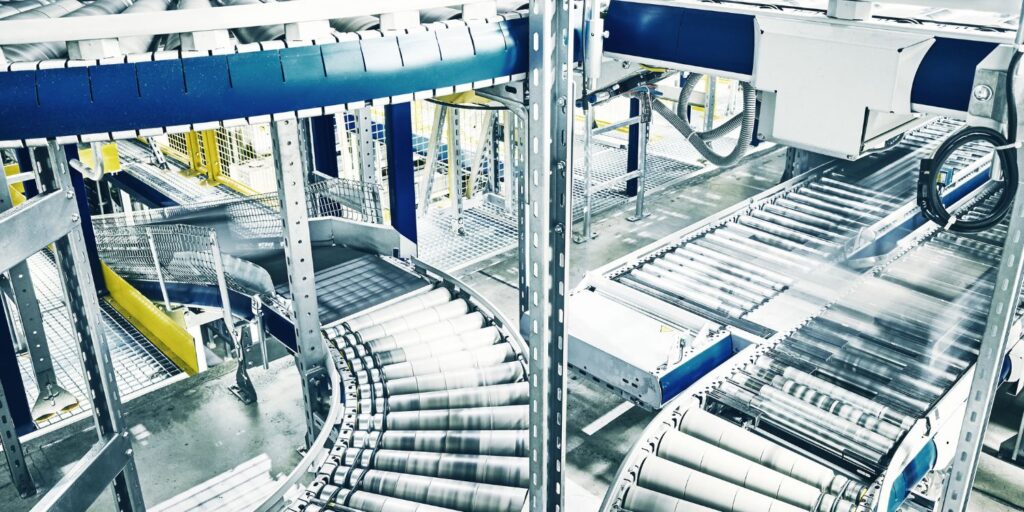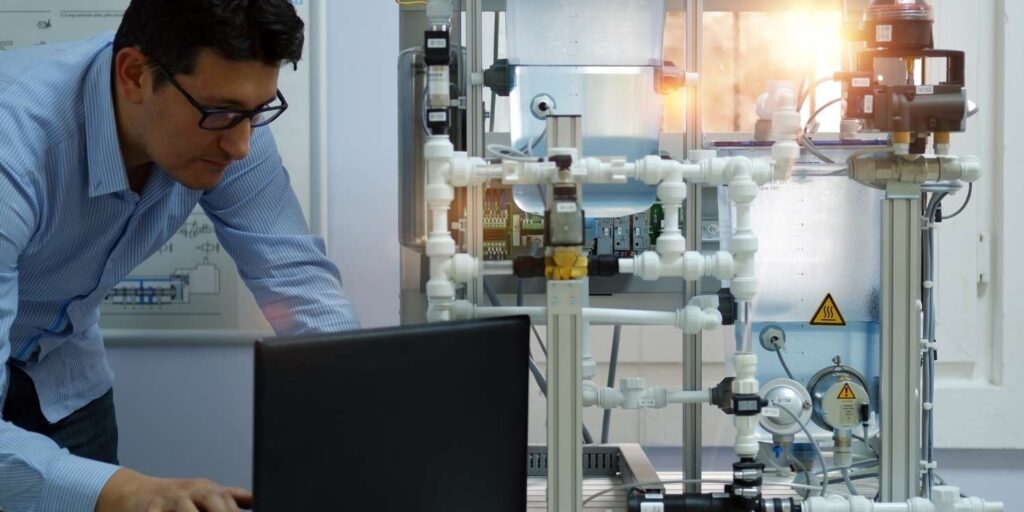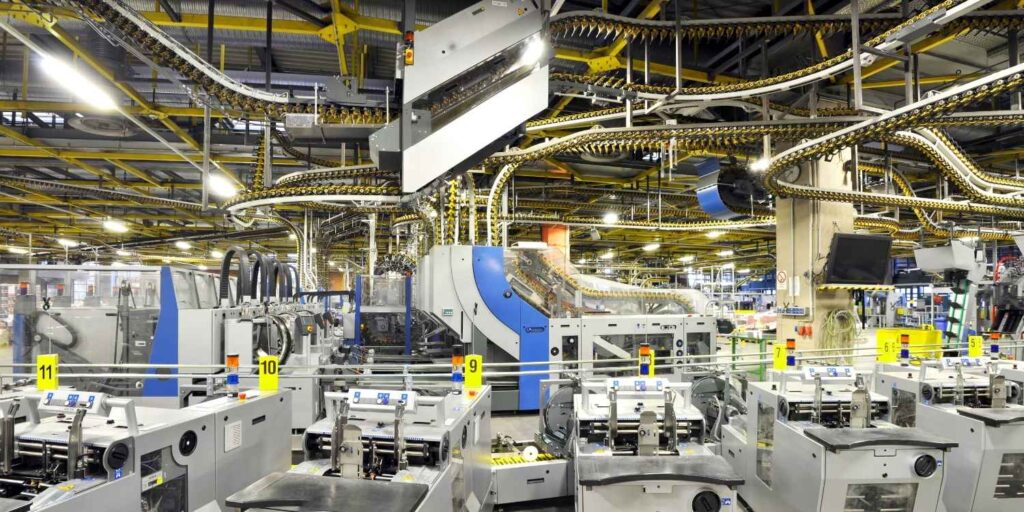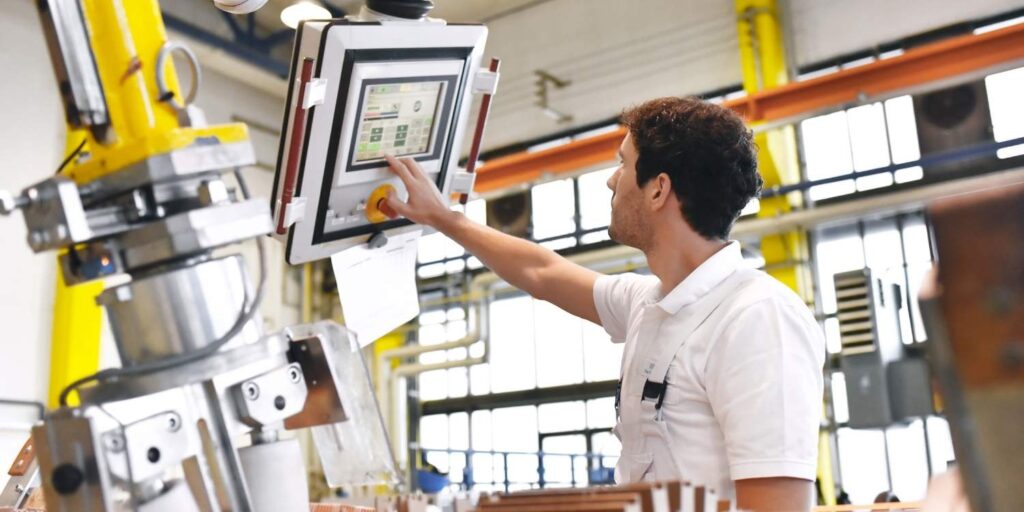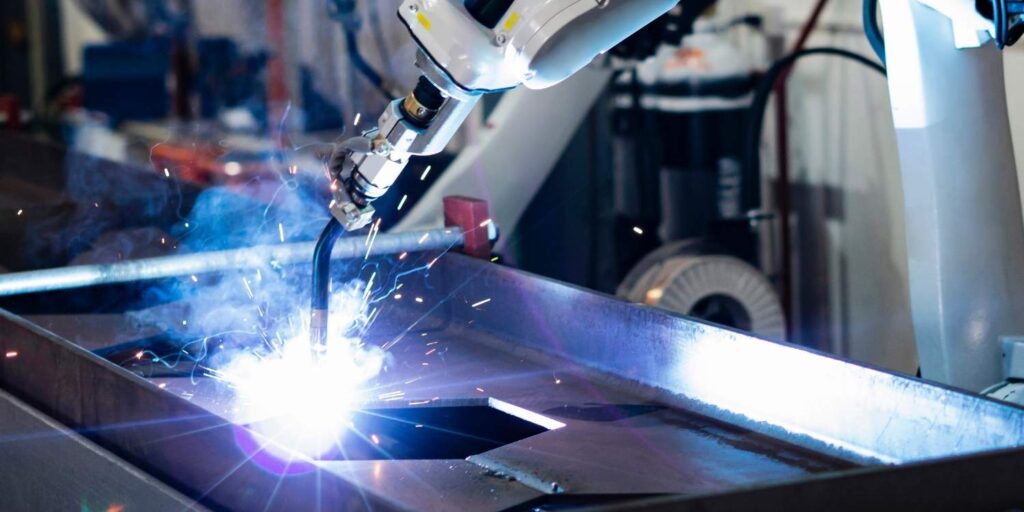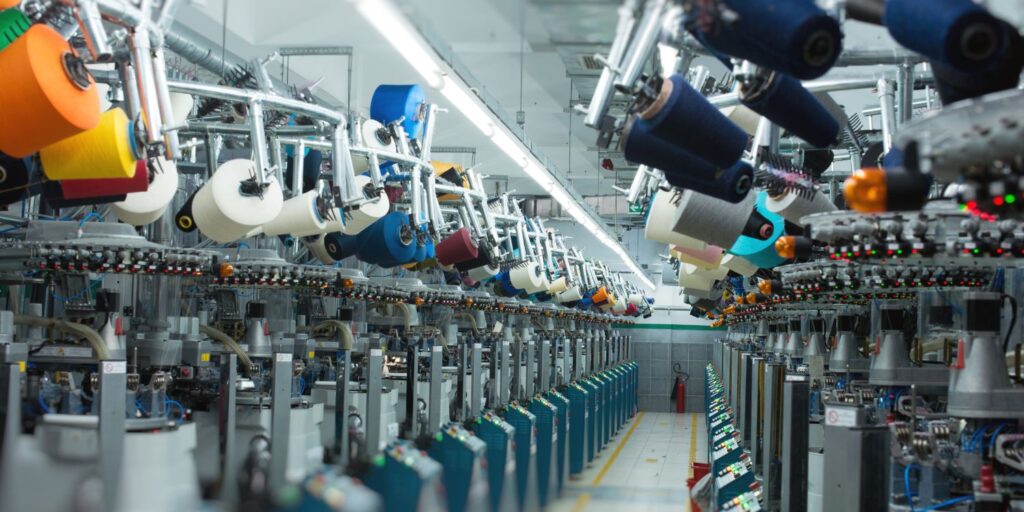Introduction to Allen Bradley PLC Software
Allen Bradley® PLC software, developed by Rockwell Automation, plays a pivotal role in industrial automation by enabling precise control, efficient system monitoring, and real-time data analysis. As a leading solution in the field, Allen-Bradley® programmable controllers offer robust tools for programming and managing programmable logic controllers (PLCs), ensuring smooth operations across a wide range of…
Plant Layout Engineering: Optimizing Industrial Spaces for Success
The Role of Plant Layout Engineering in Industrial Success Plant layout engineering is essential for facilities across various industries to achieve efficient and productive operations. Through effective plant layout engineering, businesses can achieve significant benefits, such as increased productivity, enhanced safety, and reduced operational costs. This process involves organizing workflows strategically, optimizing space utilization, and…
How a Process Improvement Engineer Improves Manufacturing Efficiency
A process improvement engineer plays a pivotal role in enhancing manufacturing efficiency by identifying areas for optimization, implementing effective strategies, and driving continuous improvements throughout the production process. Their goal is to streamline operations, reduce waste, and maximize productivity, all while maintaining quality and minimizing costs. Key Areas of Process Improvement Engineering Identifying Bottlenecks and…
How Automated Machines Achieve Energy Efficiency
Achieving energy efficiency is a critical goal for modern industries, and automated machinery plays a key role in reaching that objective. Automated machines, using advanced technologies like VFDs (Variable Frequency Drives), PLC systems, and real-time monitoring tools, optimize energy consumption while enhancing operational performance. By incorporating intelligent systems, businesses can streamline production, reduce energy waste,…
How AI-Powered Automation is Transforming Industrial Processes
Maximizing efficiency, accuracy, and productivity is critical for industries striving to maintain a competitive advantage. AI-powered automation is revolutionizing industrial processes, providing smarter, more adaptive solutions that reduce the need for human intervention while enhancing overall performance. With artificial intelligence (AI), businesses can automate repetitive tasks, analyze vast amounts of data, and make real-time decisions…
Optimizing for Continuous Process Manufacturing
Continuous process manufacturing is an uninterrupted production process where raw materials are transformed into finished products in a constant flow of production. Industrial automation in continuous manufacturing is prevalent in industries such as lumber, forestry, manufacturing, and cold storage, where continuous operations are essential for meeting demand and maintaining product quality. In these industries, improving…
Benefits of PLC Programming in Automated Manufacturing
PLC (Programmable Logic Controller) programming has become a cornerstone of automated industrial processes. PLCs are widely used to automate machinery, control systems, and industrial equipment. The ability to customize a PLC system to control complex processes has revolutionized industrial automation, enabling manufacturers to improve productivity, reduce downtime, and enhance the overall efficiency of operations. Crow…
Automated Industrial Machinery: Improvements For Manufacturing
Material handling involves the movement, protection, storage, and control of materials throughout the production process in industrial and manufacturing settings. It is a crucial element of operations, ensuring the efficient flow of raw materials, components, and finished products between various stages of production. Optimizing material flow with automated industrial machinery is an important part of…
The Impact of Process Optimization on Reducing Operational Costs
[et_pb_section admin_label=”section”] [et_pb_row admin_label=”row”] [et_pb_column type=”4_4″][et_pb_text admin_label=”Text”]Finding efficient ways of reducing operational costs is crucial for the long-term sustainability of businesses in any industrial or manufacturing application. One of the most effective strategies for achieving streamlined, efficient operations is through process optimization. By fine-tuning workflows, optimizing machinery usage, and improving resource allocation, companies can significantly…
Who are we?
Crow Engineering is a multi-discipline consulting engineering firm serving mechanical, structural, and civil engineering needs for a variety of industries.

